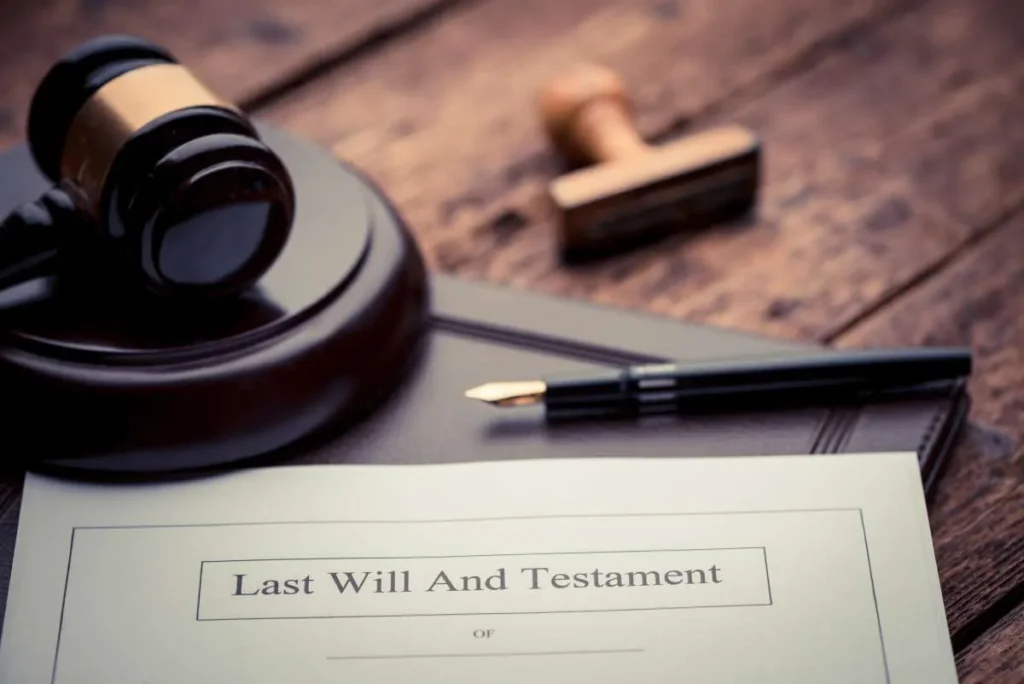What to Do When a Will is Missing
When a will is missing, it can create significant challenges for the family of the deceased. The first step is to gather any potential documents that may provide insight into the deceased's wishes, including previous wills, notes, or correspondence that reference the will. Understanding the legal implications of a lost will is crucial, as Texas law has specific provisions for handling such situations.
In Texas, if a will cannot be located, the estate may be probated as if the deceased died intestate, meaning without a will. This process involves determining the heirs according to state law, which can complicate matters if there are disputes among family members. Engaging a probate attorney can help navigate these complexities and ensure that the estate is handled according to legal standards.
Legal Considerations for Lost Wills in Texas
Probating a lost will in Texas requires understanding the legal framework that governs such situations. Under Texas law, a party seeking to probate a lost will must provide evidence that the will existed and outline its contents. This typically involves witness testimonies or other supporting documentation that can affirm the deceased's intentions.
Additionally, the court may require a hearing to determine the validity of the claims regarding the lost will. This legal scrutiny can be intense, especially if there are competing claims from potential heirs. Therefore, it is essential to prepare a strong case with the help of an experienced probate attorney who can guide families through the legal process.
Common Challenges Faced When Probating a Lost Will
Families often face several challenges when attempting to probate a lost will, including disputes among heirs and difficulties in proving the will's existence. One common issue is the lack of clear documentation, which can lead to disagreements about the deceased's intentions. Additionally, if multiple versions of a will exist, this can further complicate the probate process.
Another challenge is the emotional strain on families during this time. The stress of dealing with a lost will can exacerbate existing tensions among family members, leading to contested probate cases. Seeking legal guidance can help mitigate these issues and provide families with a clearer path forward during a difficult time.
Steps to Take if You Discover a Lost Will
If you discover a lost will after the probate process has begun, it is essential to act quickly to address the situation. The first step is to consult with a probate attorney who can advise you on the necessary legal steps to take. Depending on the circumstances, it may be possible to file a motion to admit the newly discovered will to probate.
It is also important to gather any evidence that supports the authenticity of the lost will, such as witness statements or prior versions of the will. The court will need to assess the validity of the new information, so thorough preparation and legal representation are vital to ensure that the deceased's true wishes are honored.

